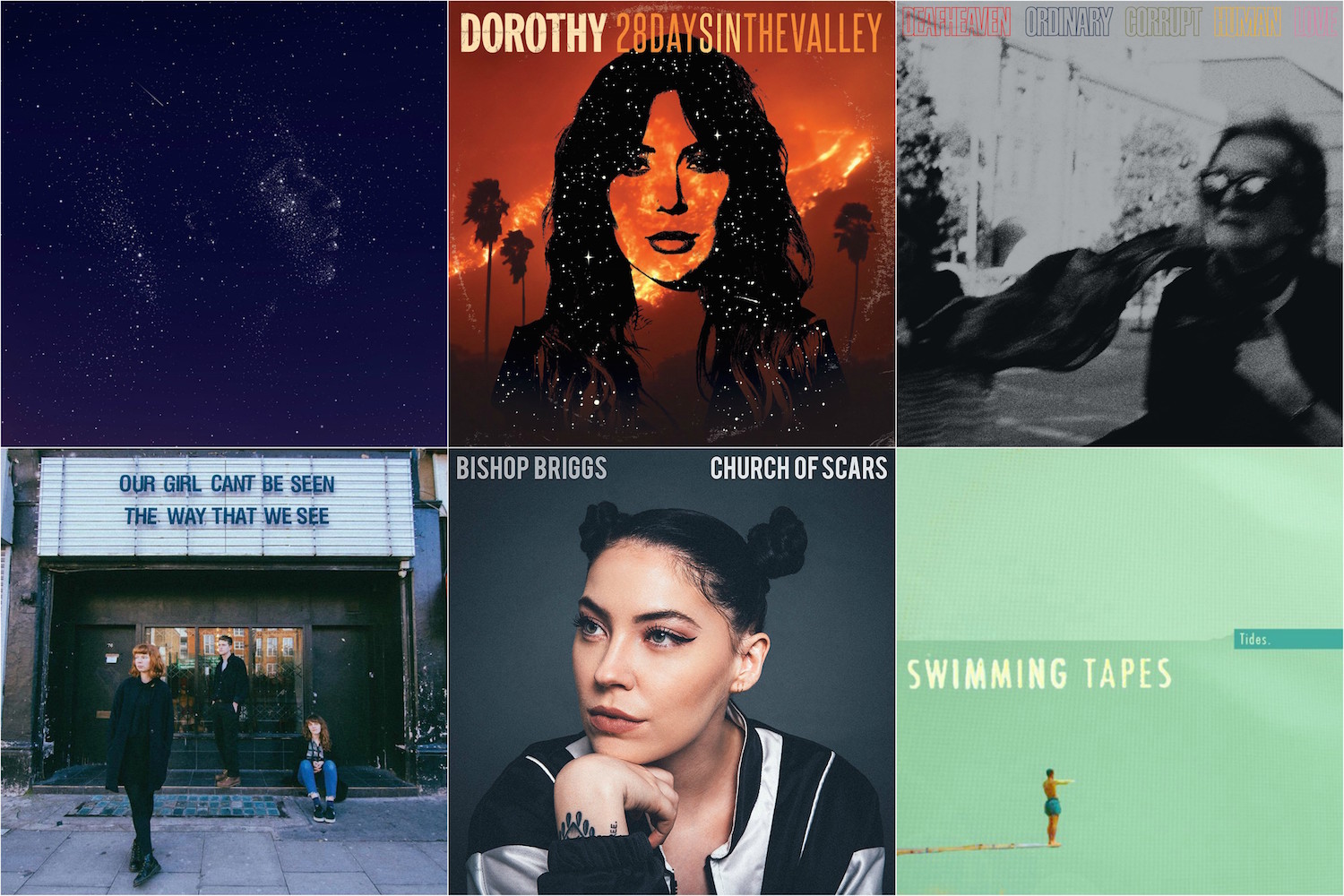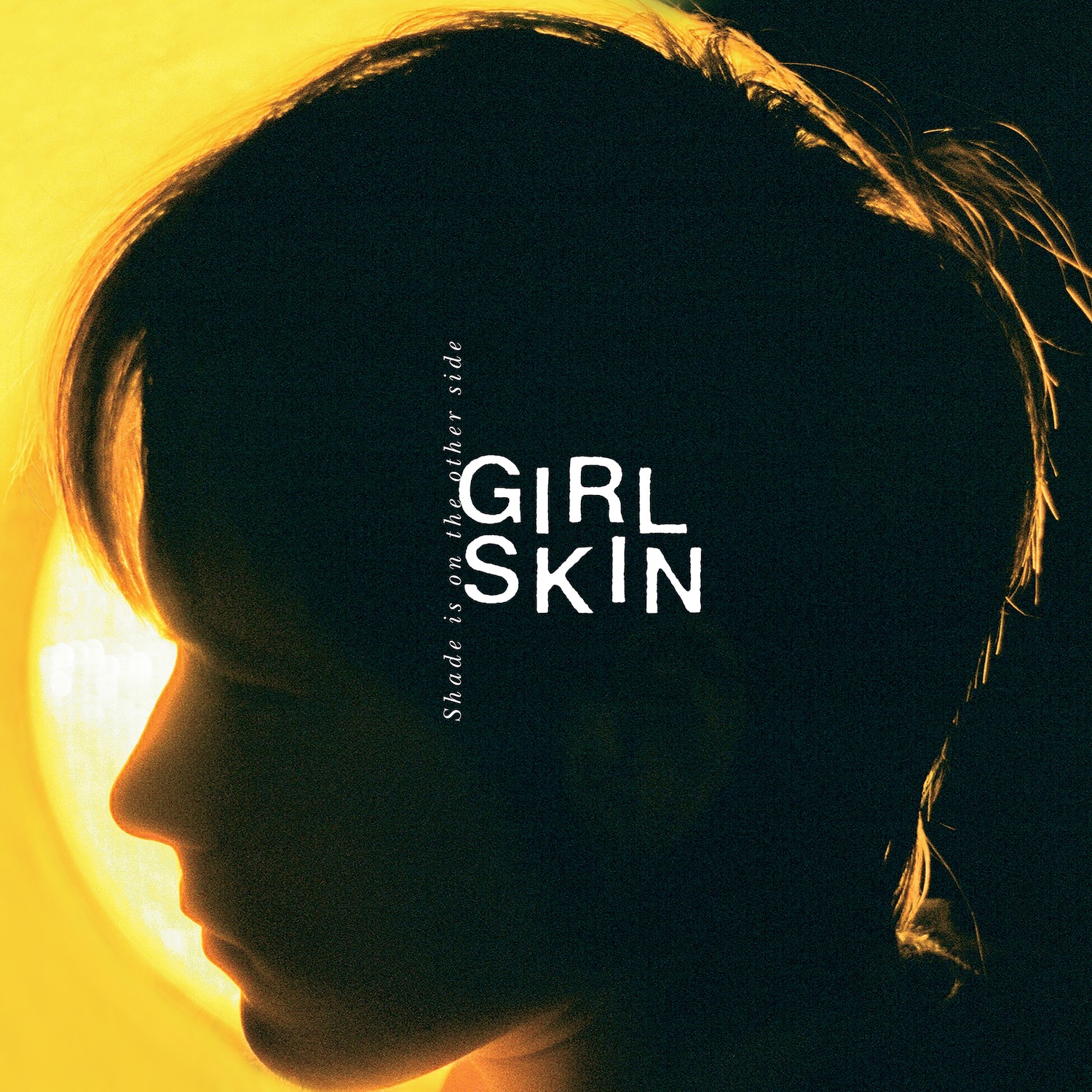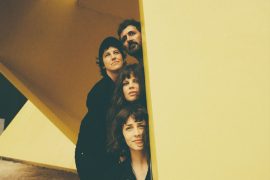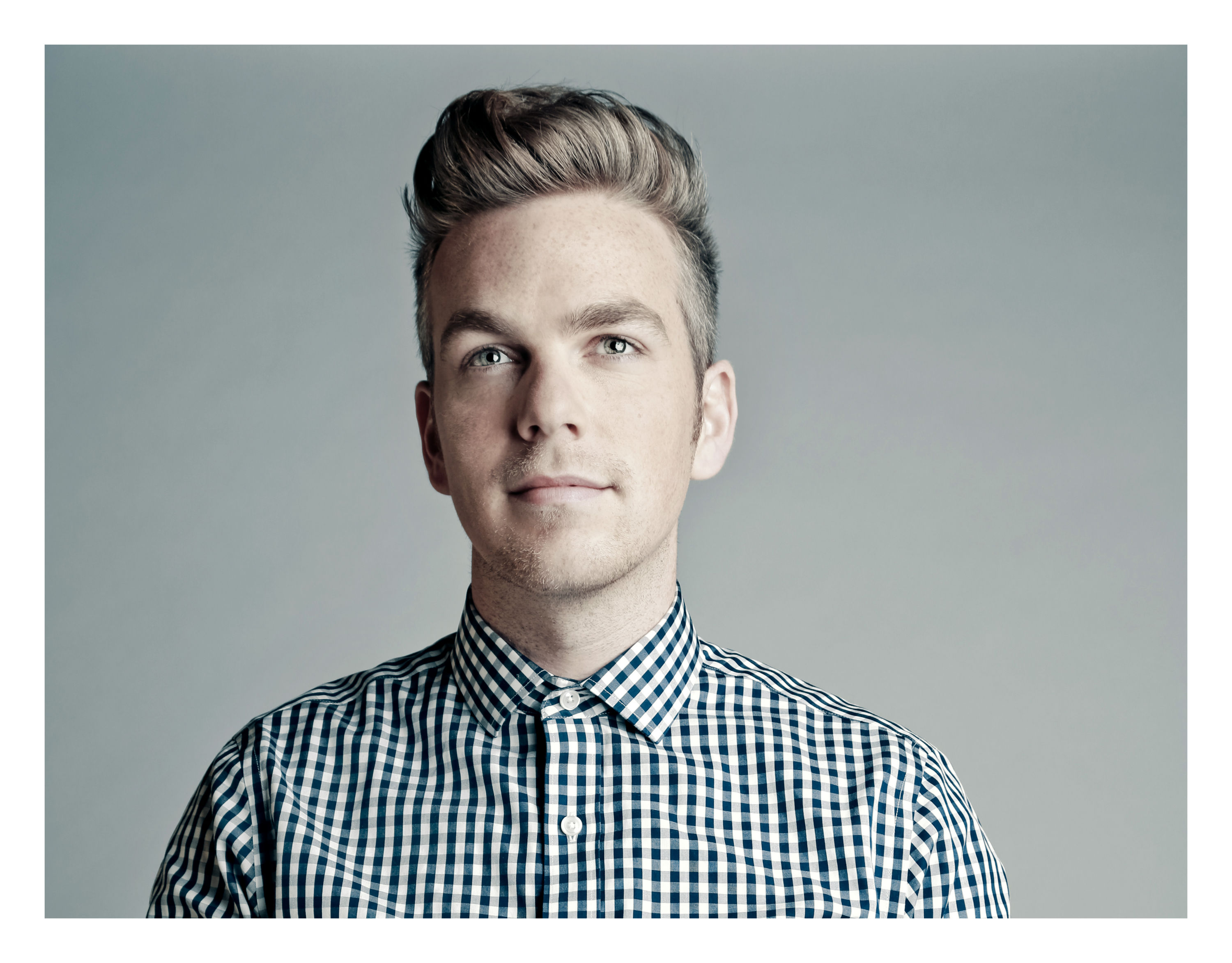Aoife O’Donovan’s third full length solo record ‘Age of Apathy’ traverses new ground for the singer/songwriter and is her most intricate and compelling work to date.
•• ••
Six months into the COVID-19 pandemic, Aoife O’Donovan packed up and moved her family from Brooklyn, New York to Florida. The Massachusetts-born singer/songwriter hadn’t released a full length solo album since 2016, but in the time since, she’d released an album with her trio I’m With Her, recorded with Chris Thile and Yo-Yo Ma, and won Grammys. She knew the time had come for her next solo venture, but the inspiration wasn’t coming to her. Until Florida.
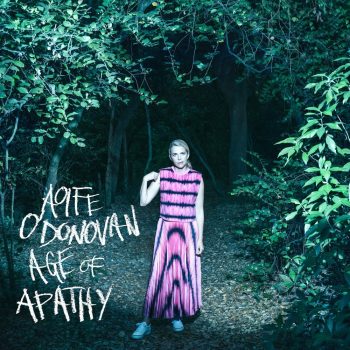
O’Donovan had discovered what many dreamed of during the early months of the pandemic: someplace new. In her new environment, the inspiration she sought was granted to her in the form of vivid memories and winter Florida sunrises. The lushness of her new home found its way into her music: Age of Apathy (out January 21, 2022 via Yep Roc) is O’Donovan’s most intricate, compelling work to date, rife with ontological questioning, strangely foreboding melodies, and a powerful sense of movement.
Despite the album’s theme of apathy, its sound is anything but. Mirrored in the labyrinthine image on the album’s cover, the sound of The Age of Apathy spools out in unexpected ways. Produced by Grammy-winning producer Joe Henry, O’Donovan’s clever writing is highlighted with muted percussion, piano, and lucid vocal production. Her vivid attention to detail is underscored on songs like the title track and “B61,” while the songs “Lucky Star” and “Elevators” roil into an intensity she has rarely shown before.
The record’s centerpiece is the Joni Mitchell-esque “Age of Apathy,” a story of road trips and “festival memories,” the radio carrying a car through a twilit New England. Its chorus soars into a wide-open melody where O’Donovan sings, “Oh to be born / in the age of apathy / nothing’s got a hold on you.” But there is a moment after the fact that is subtle enough to miss if you’re not paying attention: “If you need someone to hold / you can hold me.” The line is mumbled between breaths, in the lull between phrases. It’s the voice of someone seeking connection in the midst of nothingness, broadcasting an offer that is also a request. As the song ends, the radio plays “My Old Man,” and O’Donovan seamlessly transitions from her own song to Mitchell’s. The song fades out as radio crackles compete with choir vocals, O’Donovan’s voice filtered and low. “Keeping away my lonesome blues,” goes the end of Mitchell’s song. In the quiet, you can almost hear two people reaching for each other in the dark.
— —
:: stream/purchase Age of Apathy here ::
Stream: ‘Age of Apathy’ – Aoife O’Donovan
A CONVERSATION WITH AOIFE O’DONOVAN
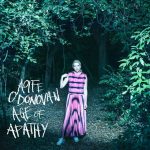
Atwood Magazine: You released your last solo record in 2016, but you’ve done so much since then. How have your various collaborations impacted this record?
Aoife O’Donovan: They definitely impacted it, although it’s hard to pinpoint that impact specifically. I put out In The Magic Hour in 2016, toured that for a year and a half, then did the American Acoustic Tour, then I had a baby and went back on the road like six weeks later, and less than four weeks after that, the I’m With Her record came out. I did that for a year and a half, and in between it all I was doing a lot of stuff with Live From Here and working on the Bull Frogs Croon EP. I knew I should be getting ready to make my next full length solo record, but I couldn’t quite get it all together. I did some demos in New York with a great producer friend of mine, Thomas Bartlett, and hopefully, we’ll make a record together at some point.
But moving to Florida six months into the pandemic gave me this newfound physical space to get back in touch with my creative side in a way that I don’t think I could have predicted. Once I was here and started to write and revisit stuff I had started over the summer, it was very easy to finish everything and get a concept for what this record was going to be.
How do you think being in I’m With Her has altered your musical perspective?
Aoife O’Donovan: I feel so lucky that in my career, I’ve had so many opportunities to work with a variety of different musicians. Sarah [Jarosz], Sara [Watkins], and I went so deep in that project, and will continue to do so—we’re actually getting together in a couple weeks to write music together again. I love the task of writing with them. I love how that’s one thing and then writing on my own is another side of it. I definitely seek their knowledge, their approval, but it’s been amazing to have close friends who you can send ideas to and really get their honest feedback. Working with them has made me a better musician. It’s altered my musical self, in that I feel like when I’m playing in that band, everybody brings their A-game and you have to operate on a really high level.
Tell me about the title track. It seems to have almost a double meaning.
Aoife O’Donovan: [The name] “Age of Apathy” is about this feeling of malaise that I feel has been the subtle backdrop of the last 20 years. In that song, I referenced it very specifically with 9/11 and the following two decades, and how much the landscape has shifted in terms of information. Of course that came with the digital age, but it’s more about the constant barrage of everything: things to be worried about, things to be scared about, things to be upset about, so much music—there’s so much information at all times. When you open the news and you see another shooting or another flood or even, you open Instagram and there’s another record, this person’s putting out all this music, this person’s doing this—it’s so extra, as young people like to say [laughs]. That song, at its essence, is really just a love song. That’s why, tongue-in-cheek, I ended it by singing an excerpt from “My Old Man.” The distillation of the whole thing is that we’re all living this crazy life, but at the end of the day, we’re just human beings.
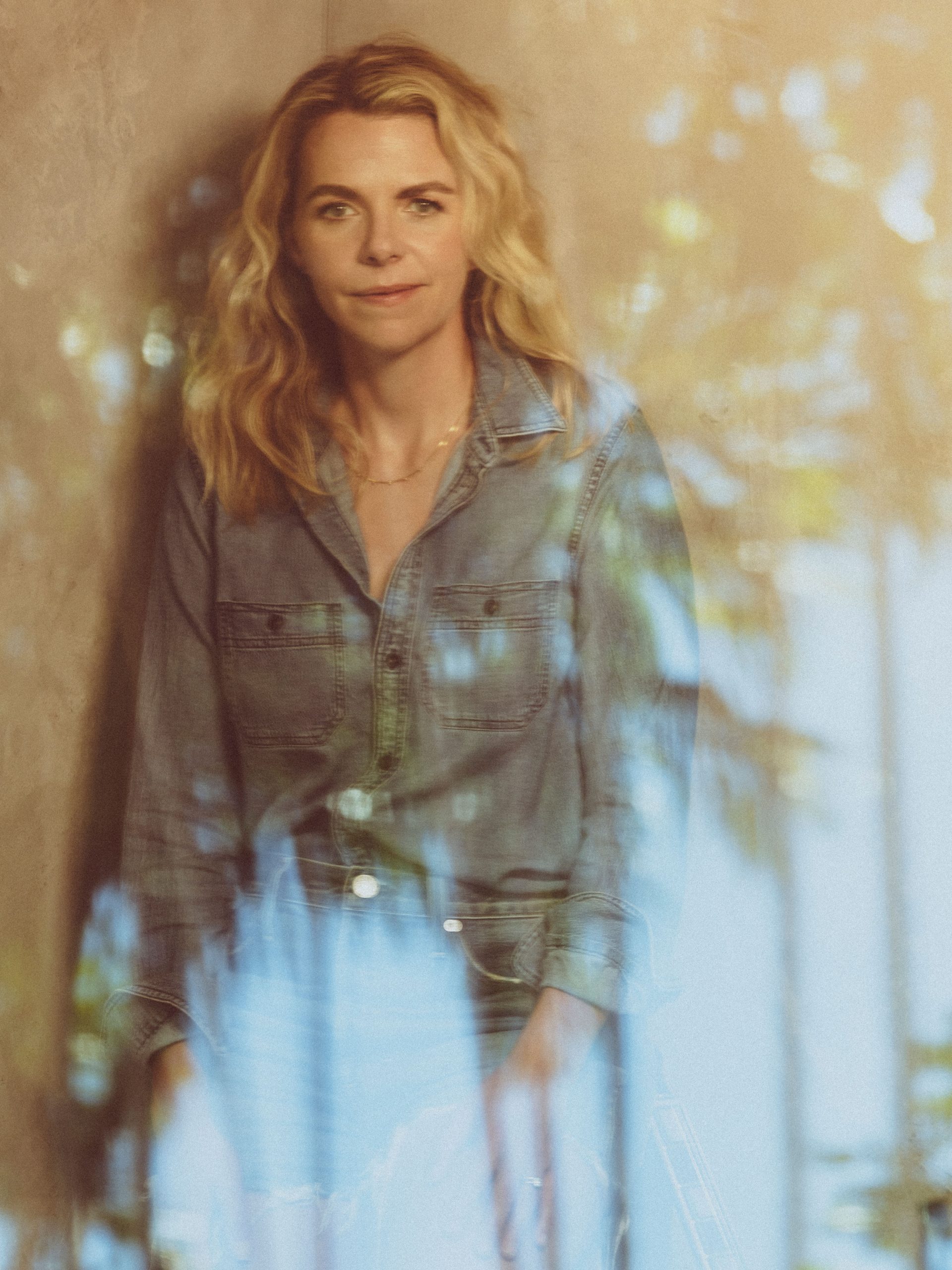
Aoife O’Donovan: It really depends on the song. I’m very obviously very inspired by Joni Mitchell and also by storytelling and literature. Sometimes there is something great to latch onto immediately, like an image or an idea or a phrase. Sometimes it’s a melodic hook that needs words. It might start as one thing and go into something totally different. For this record, there was a song that I’d been working on, maybe about a year ago, where I used what ended up becoming the chorus to “Sister Starling” as a totally different melody. That song never went anywhere. But then when I was working on “Sister Starling,” I was like, “Okay, this is a story that I’m working on.” I was looking out the window and having these really vivid images pop into my head and then I remembered that chorus. It hit me that I could actually totally tie it into this thing. For me, it’s like having a really big box of paints or tools to choose from.
This album seems to have a thread of mythology running through it, with songs like “Galahad.”
Aoife O’Donovan: I’ve always been fascinated by mythology and the re-crafting of all these myths. In “Phoenix” and “Galahad” specifically, I was drawn to those ideas and those stories and wanted to say something different about them. I’ve always been obsessed with Arthurian legend. Galahad has always been a really fascinating character to me, because he’s Arthur’s best friend and also the lover of Guinevere. He plays these two roles that don’t always go together. I loved working on that song and thinking about somebody singing to him, someone who is sort of tempting him to go in a different direction and challenging his reputation, so to speak. I also took a lot of detail from the Lord Alfred Tennyson poem [called “Sir Galahad”].
Are there other writers that you feel have influenced your work? I know you’ve worked with poetry in things like Bull Frogs Croon too.
Aoife O’Donovan: Yeah, as I was working on this record, it was funny to look at what I was reading. At the beginning of this year, I read an Octavia Butler book, Parable of the Sower, when I was working on a bunch of these songs. It’s totally apocalyptic and crazy and absolutely felt like it could have been written right now. Some scenes in that definitely inspired little moments in the songs. I also read a really incredible book [called Florida] by a short story writer, Lauren Groff, who lives in Florida. The way that she writes characters and the way that she sets a scene is so inspiring, and reading Florida while I was making this record in Florida really did influence me, even just in terms of the landscape, especially when I wrote “Passengers.” I remember thinking about running through the woods in Florida and coming up over a lake—the part at the end of “Passengers” where I’m singing, “Take it in / open your heart,” I imagined a bizarre Central Florida winter sunrise. That was sort of inspired by her.
Despite centering around the concept of apathy, a lot of the melodies and arrangements on this record have so much intensity behind them, as well as moments of sweetness. How did the sonic and conceptual complement each other as you were writing?
Aoife O’Donovan: So yes, apathy is the theme of the record. But I think it’s also about finding your way through the dungeon of apathy and coming out the other side. I think that leads to the intensity in songs like “Elevators,” which are completely sonically overwhelming. Making this record was unlike anything I’ve ever done before, in that I made the demos myself, and with Darren Schneider, our engineer. Then we were working remotely with Joe, going from [the demos] with basic tracks of guitar and vocal and then building them from the ground up with bass and drums.
When you make a record like that, you can keep on adding, or you can stop. It was really cool because Joe had this idea of knowing when to stop. Some songs just have me and bass and drums, like “Town of Mercy,” and it sounds super intense, but it’s just three people. I feel like it was about finding ways to bring out certain qualities of songs, sonically, in ways that maybe wouldn’t be how you would do it if you were putting a band together live to record. It was a totally different way of thinking about music.
Is there an overarching narrative to this record?
Aoife O’Donovan: Not too specifically. I sort of don’t want it to have too much of an overarching narrative; it’s not a start at the beginning and go to the end kind of thing. But it’s funny, the person who just wrote my official bio said the theme basically asks us, “What do you want from yourself? What do you want for yourself?” I feel like that is maybe the overarching theme. What do we want from ourselves and how do we come to terms with the things that we wanted from ourselves at one point, and as we grow and change? Are they the same things that we want from ourselves? How do we realign our priorities? That feels very related to the last two years I think, for everybody. What do you want from yourself? How are we going to get there? What are we going to do when we do get there?
Do you have a favorite lyric or moment on this record?
Aoife O’Donovan: A moment that I really love is the end of “B61” when I say, “For 41 days / and as many nights / I’ll be standing where we stood.” I wrote that verse 41 days into the pandemic. It’s interesting to me listening back to it now, as time keeps on going; it’s the memory of these places in Brooklyn and the bus and the beginning of something exciting. I have a very vivid image of standing outside “watching flames jump from firewood.”
How do you hope people engage with this record?
Aoife O’Donovan: I hope that people can see themselves in the songs and I hope that people can listen and take in these stories and ideas and images and see a path into the depths of an apathetic existence and then out of it at the end. I do feel like there’s a hopeful theme as the record progresses and that there’s a theme of acceptance and of letting go of this – the shit – and finding your way out the other side. That’s what we’re all dealing with right now as we navigate these murky waters of the pandemic, and how to take individual action.
How do you combat apathy?
Aoife O’Donovan: I think for me, it’s about doing and creating. I have a four-year-old daughter and she’s a real positive force in my life, but also just finding things to be inspired by and finding time away from the screen and the news and from the constant onslaught of it all. For me, it’s also running or being outside. It’s spending time with my family and just trying to step away. It sounds so clichéd and trite, but it’s true.
— — — —

Connect to Aoife O’Donovan on
Facebook, Twitter, Instagram
Discover new music on Atwood Magazine
? © Omar Cruz
:: Stream Aoife O’Donovan ::


